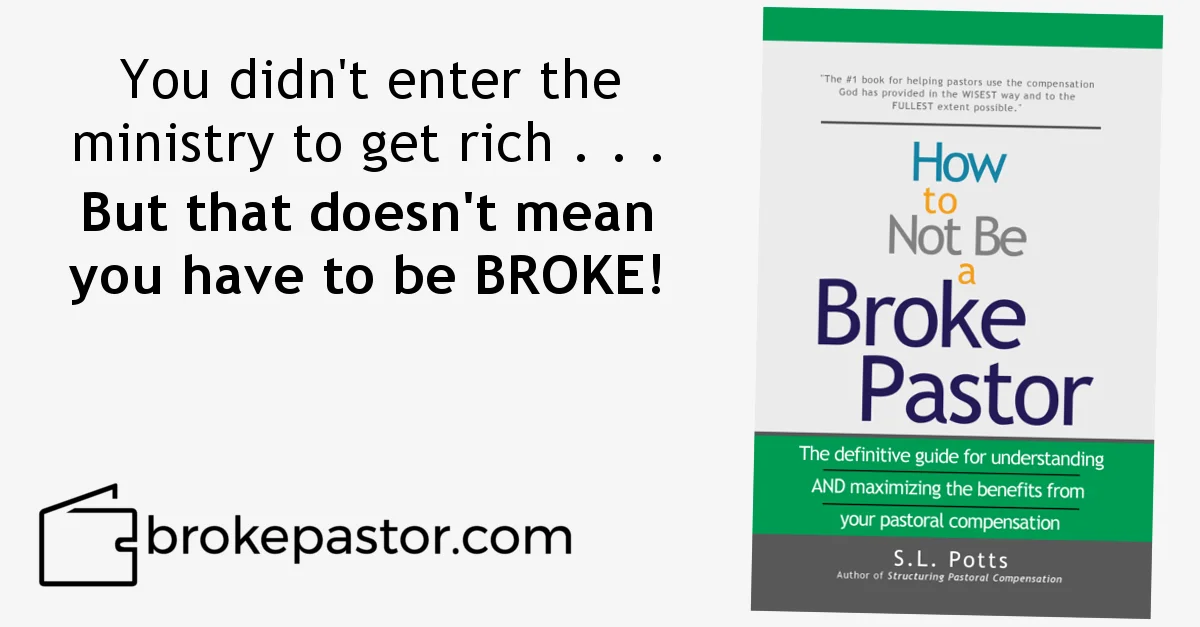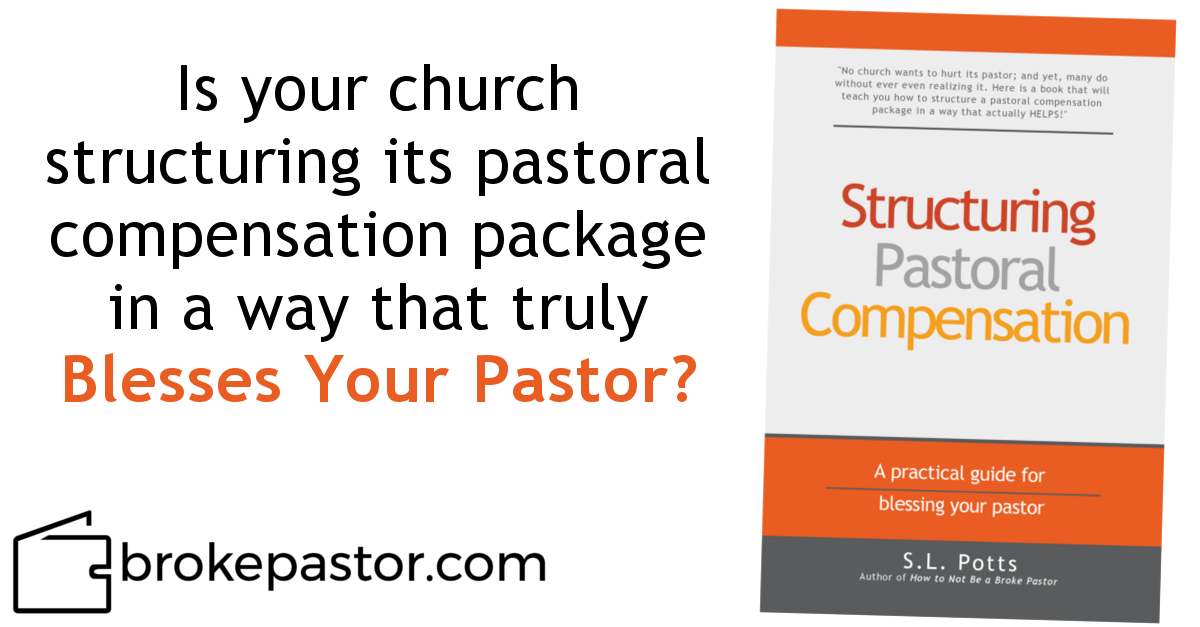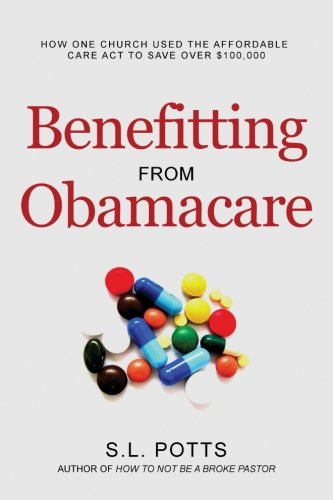It's been a little over two months since I launched Brokepastor.com. In some ways, it's gone exactly as I expected, and in other ways, it's not gone anything like what I expected.
One of the unexpected aspects of this endeavor has been the number of pastors I've heard from who, without complaining, have shared with me how their respective churches either can not, do not, or will not meet their financial needs. Please note the three categories I just gave.
I've heard from some pastors who shepherd churches that can not support them financially. Many of these churches are very small, and the pastors who serve them are often bi-vocational. I'm sure that, in many of these cases, the churches are doing all they can, and I have nothing but respect for both the pastors and the churches that fall into this category.
Unfortunately, I've heard from other pastors who shepherd churches that do not support them financially. The issue isn't, necessarily, the church's ability to financially support their pastor; it's often simply that no one is thinking about it. It's as if the pastor's financial needs have been forgotten by the church, and there are many pastors out there who feel uncared for by their church in this area.
Worst of all, I've heard from pastors who shepherd churches that will not support them financially. In at least one case, this has been a "power play" by certain leaders within the church (likely) to get the pastor to resign. In other cases, this is the reflection of an ungodly attitude that seems to believe that pastors should be poorly paid in order to keep them humble and faithful to God.
While I have many thoughts on each of these categories that I will probably share in future posts, talking to all of these various pastors has made me even more grateful for the church I pastor. Just last night, our church members voted on next year's operating budget. Included in that budget were very generous raises for myself and our other full-time pastor.
Don't get me wrong. It's not the money that I'm thankful for. It's the heart of our people who always seem to ask, "How much can we do for our pastors?". The kind people of our church are models of how a church should seek to treat it's pastoral staff, and I am sincerely grateful to God for them and for their obvious and practical love for me and my family.






